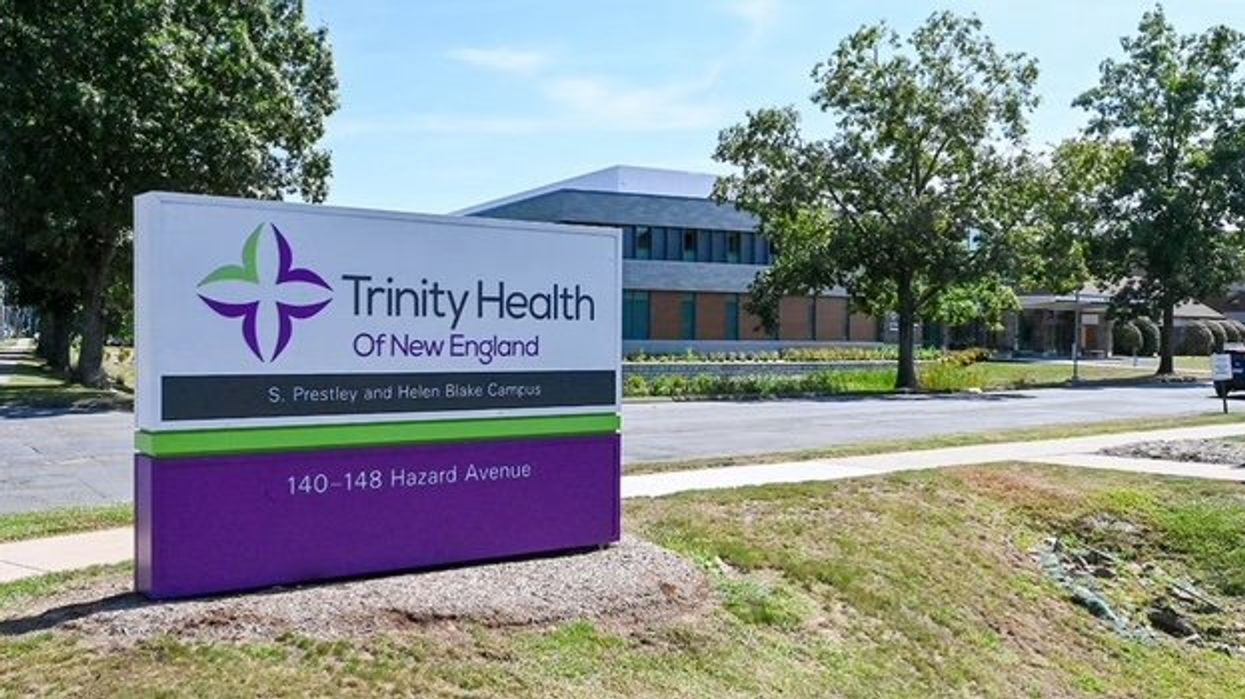On September 30, 2025, the outpatient behavioral health departments of Trinity Health of New England are scheduled to close their doors. For many, this may seem like a routine administrative shift. But for those of us living with medical complexities, disabilities, and limited access through Medicare and Medicaid, it marks the end of a lifeline.
My therapist at St. Francis is not just a provider—she is a witness to my life. She celebrates milestones with me, like the development of my children beyond their medical complexities, and the quiet triumphs of my own healing. She holds space for the unimaginable: the disappearance of my autistic son, the electric shock treatment to my heart after the devastating loss of my mother and three matriarchs during the pandemic, and much more. She doesn’t flinch. She listens. She remembers. She reminds me that I am still here.
That relationship is built over time, through trust, consistency, and inclusivity, with access to telehealth. However, I am now being told that even that sacred space is being taken away—with no clear or equitable alternative.
Disrupting therapeutic relationships is not just inconvenient—it’s destabilizing. Especially for those of us whose default prescription is “seek counseling,” when specialists routinely admit they cannot address our “unique” patient-centered needs. Counseling becomes the one place where I am not asked to explain or justify my complexity—it is honored.
This closure comes just weeks after Connecticut passed one of the strongest mental health parity laws in the country, mandating equal coverage for mental health and physical health services, imposing fines up to $625,000 for noncompliance, and requiring annual public reporting from insurers. Governor Lamont calls it a shift from “hoping insurers do the right thing to holding them accountable when they don’t.” And yet, what good is parity on paper if the infrastructure to deliver care is being dismantled?
And still, I rise.
As a former gubernatorial appointee and Chair of the Council on Developmental Disabilities, NAMI CT President https://youtu.be/_4nLoyM0fmw?si=_l0ZJTLC0dC6JAjI and the Keep the Promise Coalition Chair, I’ve spent years creating opportunities for others —building statewide and national allyship, advancing communication access, and pushing for person-centered systems change. I lead panels, author strategies, and stand in rooms where decisions are made. But I also stand in waiting rooms, advocating for my own care, knowing that leadership doesn’t exempt me from systemic indifference.
I learn to breathe through the chaos, to pause when the weight becomes unbearable, and to return to what makes me thrive: my family, my faith, and my fierce belief that equity is not optional. Even when the system fails me, I refuse to let it fail others.
We are living through a national mental health crisis, compounded by economic instability, housing insecurity, and systemic inequities. The most vulnerable—those who are homeless, disabled, or medically complex—are being left to fend for themselves or fall through the cracks. We are being rendered invisible. Again.
It feels like 1999 all over again, when institutional closures and policy gaps left thousands without support. We say “never again.” Yet here we are.
If Connecticut truly believes in equity, inclusion, and mental health parity, then the September 30 closure must be a call to action. We need legislation that not only holds insurers accountable but also protects access to care, funds community-based behavioral health, and ensures continuity—especially for those of us who cannot afford to be forgotten.
“¡Gracias!” to my therapist who ensured there was Nothing about us without us. Your humanity will be sorely missed! It's time for the “foodie capital of the world” to prioritize being the Mental Health Capitol! Mental health care is not optional. It is essential.
Doris Maldonado Mendez is a member of the Connecticut Mirror’s Community Editorial Board.




















